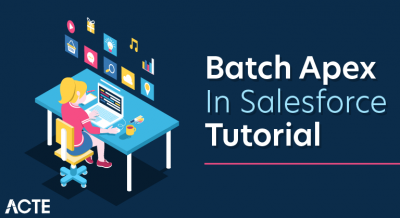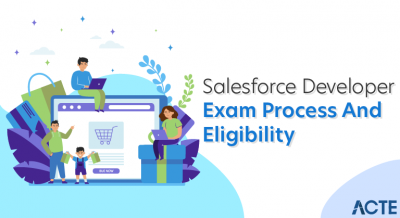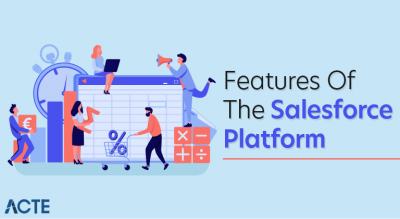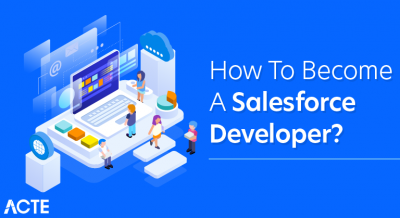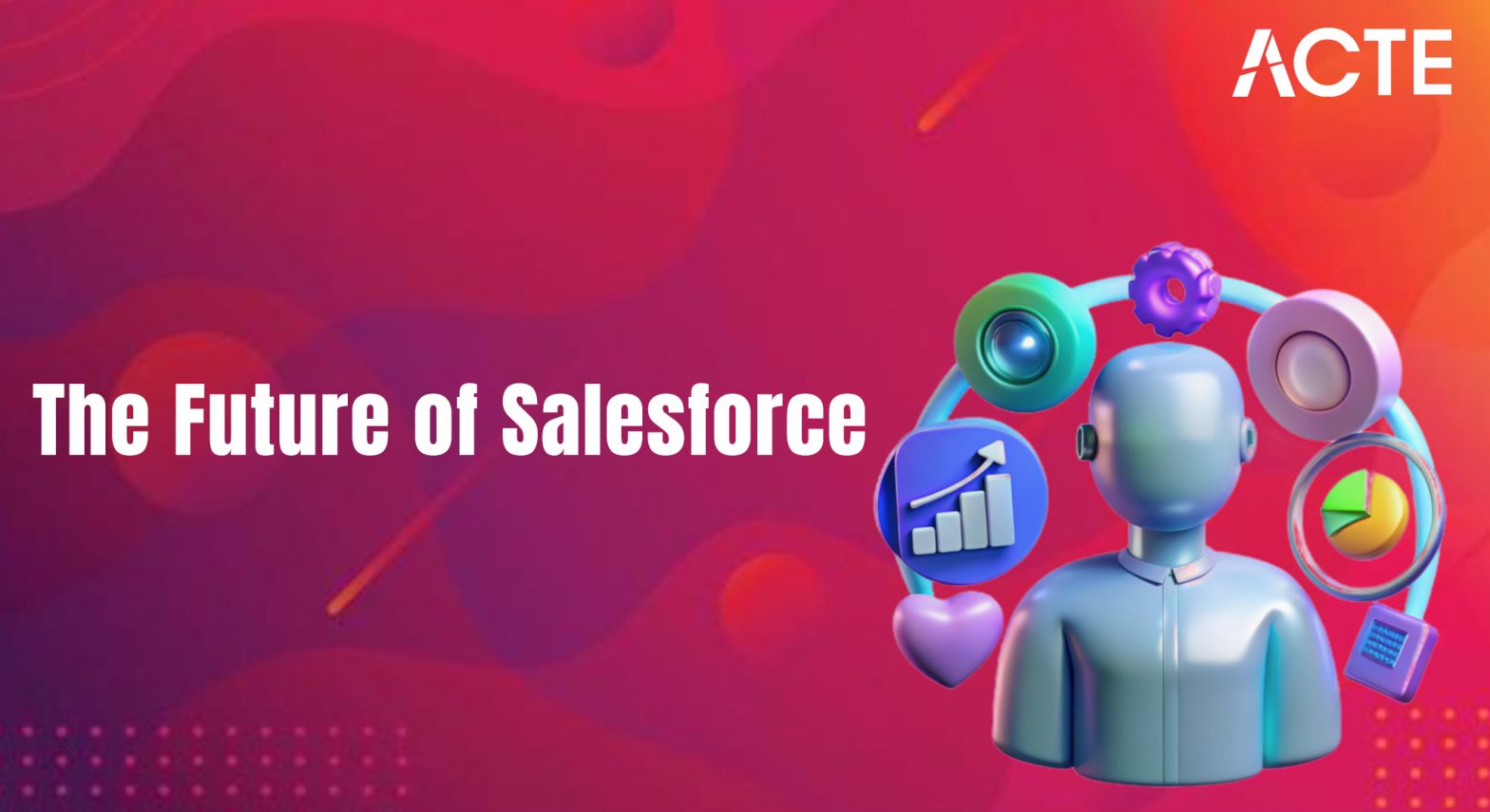
- Introduction to Salesforce
- AI and Automation in Salesforce
- Future Salesforce Innovations
- Salesforce in Emerging Technologies
- Cloud-Native Enhancements in Salesforce
- Role of Salesforce in Digital Transformation
- Skills Required for Future Salesforce Roles
- Conclusion
Introduction to Salesforce
Salesforce is a pioneering cloud-based customer relationship management (CRM) platform that has fundamentally transformed how businesses handle sales, marketing, customer service, and operational processes. Founded in 1999 by Marc Benioff, Parker Harris, Dave Moellenhoff, and Frank Dominguez, Salesforce was among the first to introduce the Software-as-a-Service (SaaS) model. This innovation allowed organizations to access powerful enterprise applications via the cloud without the need for complex, costly on-premise installations, democratizing access to advanced CRM technology. Salesforce’s platform is highly customizable, scalable, and user-friendly, which has helped it become the preferred choice for companies looking to optimize workflows, improve customer engagement, and accelerate digital transformation efforts through Salesforce Training. Over time, Salesforce has broadened its offerings with a diverse product suite that includes Sales Cloud for sales automation, Service Cloud for customer support, Marketing Cloud for targeted campaigns, Commerce Cloud for e-commerce, and Tableau for advanced data visualization and analytics. Its comprehensive capabilities allow businesses to manage every stage of the customer journey efficiently and effectively. The widespread adoption of Salesforce across multiple industries from retail and finance to healthcare and manufacturing highlights its reliability, flexibility, and continued relevance in today’s fast-paced digital economy.
Interested in Obtaining Your Salesforce Certificate? View The Salesforce Training Offered By ACTE Right Now!
AI and Automation in Salesforce
AI and automation are revolutionizing Salesforce, making the platform smarter, more efficient, and highly responsive to business needs. Salesforce Einstein, the company’s AI-powered layer, integrates advanced machine learning, natural language processing, and predictive analytics directly into the CRM. This allows businesses to automate routine tasks, predict customer behavior, personalize marketing campaigns, and provide smarter customer service all without extensive manual intervention, thanks to Automation Tools in Salesforce. Automation tools like Salesforce Flow and Process Builder further streamline workflows by enabling users to create complex business processes with minimal coding. These tools automate repetitive tasks such as lead routing, approval processes, and notifications, freeing up time for teams to focus on higher-value activities. Additionally, AI-driven chatbots and virtual assistants enhance customer engagement by providing instant responses and personalized support 24/7.
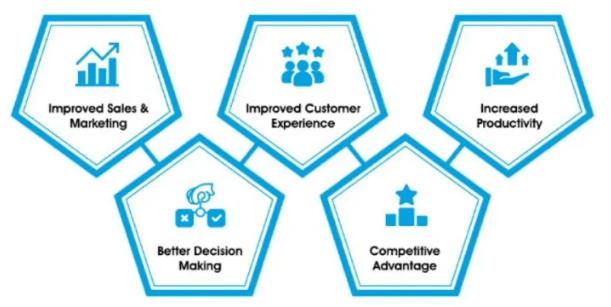
The integration of AI and automation improves decision-making by delivering data-driven insights and recommendations in real time. For example, predictive lead scoring helps sales teams prioritize prospects most likely to convert, while automated sentiment analysis assists customer service in addressing issues proactively. Overall, AI and automation in Salesforce empower organizations to increase productivity, reduce errors, and deliver personalized experiences at scale. As these technologies continue to evolve, Salesforce professionals who master AI-driven tools will be well-positioned to drive innovation and competitive advantage.
Future Salesforce Innovations
- Enhanced AI Capabilities: Salesforce plans to expand Einstein AI’s predictive capabilities, offering more profound insights into customer behavior, market trends, and sales forecasts.
- Hyper-Personalization: Salesforce will enhance its hyper-personalization features with generative AI, enabling businesses to deliver individualized customer experiences at scale.
- Voice and Conversational Interfaces: Voice-activated Salesforce capabilities will allow sales reps and service agents to interact with the platform using NLC, reflecting Salesforce Developer certification changes & Improvement.
- Real-Time Data Processing: The future Salesforce architecture will focus on real-time data processing, improving decision-making through instant insights and reporting.
- Blockchain and Salesforce: Salesforce is exploring blockchain for secure data sharing and verification, which could benefit industries like healthcare, finance, and supply chain management.
- Blockchain: Salesforce incorporates blockchain technology to improve data transparency, security, and trust across business networks, enabling secure and verifiable transactions.
- Robotic Process Automation (RPA): Salesforce automates repetitive tasks and workflows, increasing efficiency and reducing manual errors by integrating RPA tools within its ecosystem.
- Artificial Intelligence (AI): Salesforce Einstein integrates AI into the platform, enabling predictive analytics, natural language processing, and automated insights that enhance customer experiences and business decision-making, all of which are covered in Salesforce Training.
- Internet of Things (IoT): Salesforce IoT Cloud connects data from smart devices and sensors to CRM workflows, allowing real-time customer interactions and proactive service based on device data.
- Augmented Reality (AR) and Virtual Reality (VR): Salesforce supports AR and VR applications to provide immersive customer experiences and enhanced training solutions.
- Voice Technology: Integration with voice assistants like Amazon Alexa and Google Assistant allows Salesforce users to interact with data and perform tasks through voice commands, enhancing accessibility.
- Cloud Computing and Multi-Cloud Strategy: Salesforce’s cloud-native architecture and partnerships with AWS, Google Cloud, and Microsoft Azure enable flexible, scalable deployments and seamless integration with other cloud services.
- Integration Capabilities: Salesforce seamlessly integrates with third-party applications and legacy systems, ensuring smooth data flow and reducing silos across the organization.
- Support for Remote Work and Collaboration: Salesforce’s cloud architecture facilitates remote access and real-time collaboration, which is crucial for modern, distributed teams.
- Centralized Customer Data: Salesforce consolidates customer data into a unified platform, a key concept in How to become a Salesforce Developer.
- Enhanced Customer Engagement: Through personalized marketing, sales automation, and tailored service, Salesforce helps companies deliver more relevant and timely customer interactions.
- Automation of Business Processes: Tools like Salesforce Flow and Process Builder automate repetitive tasks and workflows, increasing operational efficiency and reducing manual errors.
- Data-Driven Insights: Salesforce’s analytics and AI-powered Einstein platform provide actionable insights, enabling predictive analytics and smarter business strategies.
- Scalability and Flexibility: As a cloud-based solution, Salesforce supports business growth by easily scaling with increasing data volumes and users, adapting to changing business needs.
To Earn Your Salesforce Certification, Gain Insights From Leading Data Science Experts And Advance Your Career With ACTE’s Salesforce Training Today!
Salesforce in Emerging Technologies
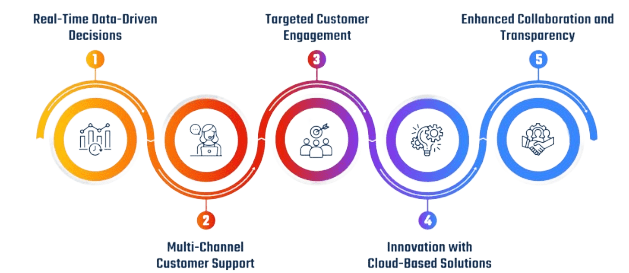
Cloud-Native Enhancements in Salesforce
Cloud-native enhancements in Salesforce are transforming the platform into a more flexible, scalable, and efficient environment for building and deploying applications. By leveraging cloud-native technologies, Salesforce enables businesses to take full advantage of the cloud’s inherent benefits, such as elasticity, resilience, and faster delivery cycles. These enhancements include containerization, microservices architecture, and serverless computing, which allow developers to create modular and scalable applications that can evolve independently without disrupting the entire system. One key advancement is the integration of Salesforce with Kubernetes and Docker, enabling better management of containerized workloads and simplifying deployment processes addressing Most Common Questions About Salesforce Certification. This shift supports continuous integration and continuous deployment (CI/CD) pipelines, which accelerate development and improve software quality. Additionally, Salesforce’s move towards event-driven architectures and APIs facilitates real-time data processing and seamless integration with third-party systems. Cloud-native enhancements also improve security and compliance by leveraging cloud providers’ advanced tools and frameworks. With Salesforce’s multi-cloud strategy, businesses can integrate various cloud services like AWS, Azure, and Google Cloud Platform, gaining flexibility and expanding their technology stack. Overall, these cloud-native innovations make Salesforce more adaptable to modern business needs, helping organizations build smarter, faster, and more resilient applications while reducing infrastructure overhead and operational complexity.
Are You Interested in Learning More About Salesforce? Sign Up For Our Salesforce Training Today!
Role of Salesforce in Digital Transformation
Skills Required for Future Salesforce Roles
Future Salesforce roles will demand a diverse set of skills that blend technical expertise, business acumen, and adaptability to evolving technologies. As Salesforce continues to expand its ecosystem with AI, automation, and cloud innovations, professionals must be proficient in core Salesforce tools such as Salesforce Lightning, Apex programming, and Salesforce APIs. Knowledge of declarative development using tools like Flow Builder and Process Builder remains essential, enabling faster and more efficient customization without heavy coding. Data management skills, including understanding data modeling, integration techniques, and ensuring data quality, are increasingly important as businesses rely on accurate and actionable data, which directly impacts Salesforce Salaries. Additionally, with the growing use of Salesforce Einstein and AI-driven features, familiarity with machine learning concepts and the ability to leverage AI capabilities within Salesforce will be highly valuable. Soft skills like problem-solving, critical thinking, and strong communication are crucial to bridge the gap between technical teams and business stakeholders, ensuring that Salesforce solutions align with organizational goals. Cloud computing knowledge, particularly around Salesforce’s integration with platforms like AWS or Azure, will also become vital as hybrid cloud strategies become more common. Finally, an agile mindset and commitment to continuous learning are necessary to keep pace with Salesforce’s frequent updates and new feature releases. Professionals who cultivate this broad skill set will be well-positioned to thrive in the future Salesforce job market.
Want to Learn About Salesforce? Explore Our Salesforce Interview Questions and Answers Featuring the Most Frequently Asked Questions in Job Interviews.
Conclusion
Salesforce offers long-term career stability and growth thanks to its widespread adoption across industries and its continuous innovation. As one of the leading customer relationship management (CRM) platforms globally, Salesforce powers businesses of all sizes, creating a strong demand for skilled professionals who can customize, implement, and optimize its tools. This demand is expected to grow as companies increasingly rely on cloud solutions to streamline sales, marketing, customer service, and analytics. Salesforce’s ongoing integration of advanced technologies like artificial intelligence (AI), automation, and the Internet of Things (IoT) further enhances its value and opens new opportunities for professionals through Salesforce Training. Features such as Salesforce Einstein bring AI-driven insights directly into the platform, enabling smarter decision-making and more efficient processes. This means that Salesforce experts who stay updated with these innovations will remain highly sought after. Investing in Salesforce certifications and gaining hands-on experience is key to unlocking these career opportunities. Certifications validate expertise and demonstrate commitment to the platform, while practical experience allows professionals to solve real-world business challenges. Whether you aim to become a Salesforce Administrator, Developer, Consultant, or Architect, building a solid foundation and continuously upgrading your skills will ensure long-term career success in this dynamic ecosystem.

